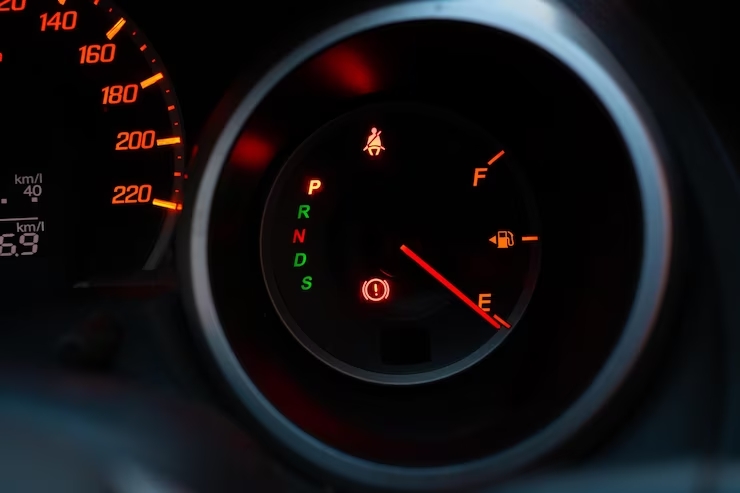The brake system of a vehicle is crucial for safety, as it allows you to slow down and stop effectively. However, there are instances when the brake system can overheat, leading to potential issues with braking performance and safety. When the brake system overheat warning light illuminates on your dashboard, it is essential to address the problem promptly. In this article, we will discuss the causes of brake system overheating and provide fixes to help you resolve the issue effectively.
Causes of Brake System Overheat:
- Aggressive Braking: Frequent and aggressive braking, such as hard braking or riding the brakes, can generate excessive heat in the brake system. This can cause the brake components, such as the brake pads and rotors, to overheat.
- Overloaded Vehicle: Carrying heavy loads or towing trailers beyond the recommended weight limit can put additional strain on the brake system. The increased workload can cause the brakes to overheat, especially during prolonged or continuous braking.
- Brake Fluid Issues: Insufficient brake fluid or contaminated brake fluid can impact the performance of the brake system. Low brake fluid levels or the presence of moisture or air bubbles in the fluid can lead to increased friction and heat generation, resulting in brake system overheating.
- Sticking Brake Caliper: A stuck or malfunctioning brake caliper can cause constant contact between the brake pads and rotors, leading to friction and heat buildup. This can result in the brake system overheating.
- Worn Brake Components: Worn-out brake pads, warped rotors, or a deteriorated brake system can contribute to brake system overheating. When the brake components are not in optimal condition, they may not dissipate heat effectively, leading to overheating.
Fixes for Brake System Overheat:
- Allow Brakes to Cool: When the brake system overheat warning light illuminates, it is crucial to give the brakes time to cool down. Reduce your speed, avoid heavy braking, and drive with caution until the warning light turns off. This allows the excessive heat to dissipate and helps prevent further overheating.
- Check Brake Fluid Level: Inspect the brake fluid reservoir and ensure that it is filled to the recommended level. If the fluid level is low, top it up with the manufacturer-specified brake fluid. If the brake fluid appears dark, dirty, or contaminated, consider flushing and replacing it with fresh fluid.
- Inspect Brake Components: Visually inspect the brake pads, rotors, and calipers for any signs of wear, damage, or sticking. Replace worn-out brake pads and warped rotors, and address any issues with the brake calipers. Lubricate caliper slide pins and ensure they move freely.
- Reduce Load: If you are carrying heavy loads or towing, consider reducing the weight to alleviate the strain on the brake system. Avoid excessive braking when driving downhill, and use engine braking techniques to reduce the reliance on the brakes.
- Seek Professional Assistance: If the brake system overheat warning light persists or if you are unsure about the cause of the problem, it is recommended to seek professional assistance. Brake system issues can be complex and require specialized knowledge and equipment for accurate diagnosis and repair. A qualified mechanic can inspect the brake system, identify the underlying problem, and perform the necessary repairs or replacements.
Brake system overheating is a serious issue that should not be ignored. Prompt action is necessary to prevent potential brake failure and ensure your safety on the road. By understanding the causes of brake system overheating and implementing the appropriate fixes, you can maintain the performance and reliability of your vehicle’s brake system. Remember to prioritize regular brake system inspections and maintenance to prevent overheating issues in the future.











